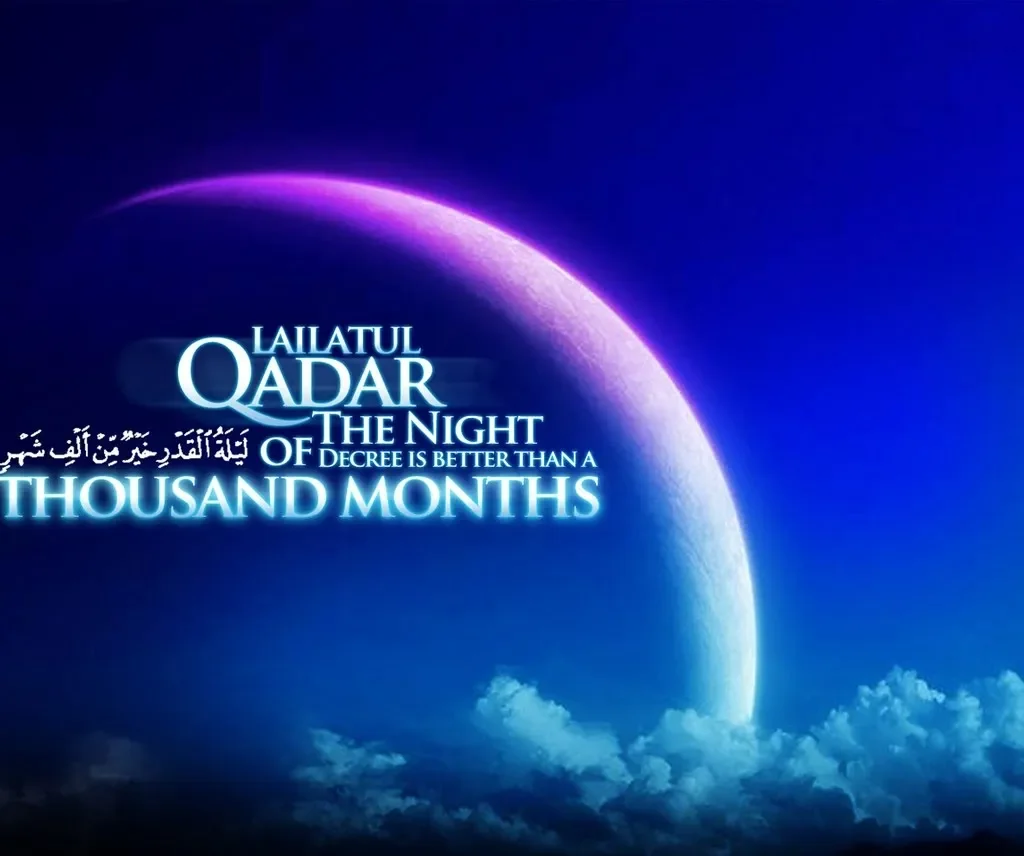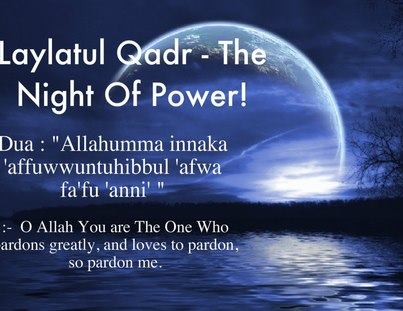Laylatul Qadr, often referred to as the Night of Decree, holds immense significance in Islam. Understanding what to do on Laylatul Qadr can help Muslims seize the opportunity for spiritual growth and blessings.
Exploring the Importance of Laylatul Qadr
Laylatul Qadr is a night of exceptional importance in the Islamic calendar, with its significance highlighted in the Quran. It is a night worth seeking and cherishing.
Muslims are encouraged to worship intently throughout Ramadan to capture the blessings of the Night of Power. On this night, the reward for worship exceeds 1,000 months! Therefore, sincere worship and reflection can earn us phenomenal rewards and acceptance of our repentance.
إِنَّآ أَنزَلْنَـٰهُ فِى لَيْلَةِ ٱلْقَدْرِ ١ وَمَآ أَدْرَىٰكَ مَا لَيْلَةُ ٱلْقَدْرِ ٢ لَيْلَةُ ٱلْقَدْرِ خَيْرٌۭ مِّنْ أَلْفِ شَهْرٍۢ ٣ تَنَزَّلُ ٱلْمَلَـٰٓئِكَةُ وَٱلرُّوحُ فِيهَا بِإِذْنِ رَبِّهِم مِّن كُلِّ أَمْرٍۢ ٤ سَلَـٰمٌ هِىَ حَتَّىٰ مَطْلَعِ ٱلْفَجْرِ ٥
Qur’an | 97:1-5

Key Acts of Worship on Laylatul Qadr:
1-Salah and Voluntary Salah:
Ensuring we pray all compulsory prayers in their correct times is paramount, with Salah being a pillar of Islam. Laylatul Qadr prompts reflection on our Salah and encourages improvement. Additionally, praying voluntary (nafl) prayers on this night yields immense rewards, with just two rakat equating to 83 years of Salah!
2-Recitation of the Quran on Laylatul Qadr:
Dedicate time to reciting and contemplating the Quran on Laylatul Qadr, as it is a night when the Quran was revealed.
3-Making Du’a:
Turn to Allah (SWT) sincerely on this blessed night, making heartfelt Du’a not only for oneself but also for loved ones, the oppressed, humanity, and all of Allah (SWT)’s creation. Remember to pray especially for our Muslim brothers and sisters worldwide facing difficulties, asking Allah (SWT) to grant them ease, patience, and fulfillment of their needs.
4-Tawbah (Repentance) for Major and Minor Sins:
Laylatul Qadr is a time when Allah Almighty extends His Mercy to those sincerely seeking forgiveness. Reflect on our sins, seek forgiveness from Allah (SWT), and resolve to improve our conduct, refraining from returning to sinful behavior.
5-Acts of Sadaqah and Sadaqah Jariyah:
Giving Sadaqah to those in need, particularly during Laylatul Qadr, holds immense virtue. The Prophet (PBUH) emphasized Sadaqah in Ramadan as the best charity. With rewards multiplied on this night, giving Sadaqah becomes even more beneficial. Remember to extend help to those affected by disasters such as the Syria and Turkey earthquake and the Pakistan floods.
6-Qiyam ul-Layl (Night Vigil) on Laylatul Qadr:
Engage in Qiyam ul-Layl, the night vigil, on Laylatul Qadr to draw closer to Allah and earn His pleasure and blessings.
7-Upright Conduct and Character Towards Others:
Good character and manners are integral to our faith. Strive for qualities like generosity, kindness, and humility while combating negative traits such as greed, jealousy, and hatred. Upholding upright conduct towards others is crucial, particularly on Laylatul Qadr, as we seek to emulate the noble character of the Prophet Muhammad (PBUH).
Duas for Laylatul Qadr
Scholars emphasize one of the most beloved du’as to make during the last ten nights, especially on Laylatul Qadr, is:
“O Allah, indeed You are Pardoning, You love to pardon, so pardon me.” – Prophet Muhammad (PBUH), Bukhari.
When praying for forgiveness, turn to Allah (SWT) sincerely, recognizing our complete dependence on Him, while He is independent of us. Intend to abstain from past mistakes and strive to please Allah (SWT) in our actions.
“Whoever prays during the night of Qadr with faith and hoping for its reward will have all of his previous sins forgiven.”
Prophet Muhammad (PBUH), Bukhari.
The above hadith underscores the significance of the blessed night and spending time connecting with Allah (SWT). Laylatul Qadr is a gift and a means of purifying ourselves so that Allah (SWT) may be pleased with us. It’s crucial to utilize the entire night to reap its full benefits and seek Allah (SWT)’s mercy.
By making du’a for forgiveness, Allah (SWT) extends His Divine Help, forgiveness, and mercy to us, benefiting us in this life and the Hereafter.

Make dua for a good life, the Hereafter, and the Ummah:
Another beneficial dua for Laylatul Qadr is to ask Allah (SWT) for goodness in this life and the Hereafter:
“Our Lord! Grant us good in this world and good in the life to come and keep us safe from the punishment of Hellfire.”
It’s crucial to make dua for our Muslim brothers and sisters worldwide, asking Allah (SWT) to grant them ease, patience, and fulfillment of their needs. This Laylatul Qadr, remember to pray for our brothers and sisters affected by the recent earthquake in Syria and Turkey. It’s also recommended to recite the following dua:
“O Allah! Improve (help) the state of the Ummah of Muhammad. O Allah! Grant ease to the Ummah of Muhammad. O Allah! Have mercy on the Ummah of Muhammad.”
Showing good etiquette when making dua is important to please Allah (SWT). Begin by praising Allah and sending blessings upon the Prophet Muhammad (PBUH).
“When any one of you has performed salah (prayer) and wants to supplicate, let him begin with praising His Lord (SWT) and glorifying Him, then send prayers upon the Prophet Muhammad (PBUH). Then he may supplicate for whatever he wishes.” [Tirmidhi]
Turn to Allah and supplicate with sincerity and humility, feeling like His slave. Call upon Allah Almighty by His beautiful names and use the name of Allah that is most fitting for your request.
In conclusion, Laylatul Qadr is a blessed opportunity for Muslims to seek forgiveness, blessings, and guidance from Allah (SWT). Through acts of worship such as prayer, dua, charity, and reflection, believers can strengthen their connection with the Divine and strive for spiritual growth. It’s essential to utilize the entire night, making sincere supplications for oneself, the Ummah, and all of humanity. By observing the etiquettes of making dua and approaching Allah (SWT) with humility and sincerity, believers can maximize the blessings of Laylatul Qadr and draw closer to their Creator. May Allah (SWT) accept our prayers and grant us His mercy and forgiveness. Ameen.

